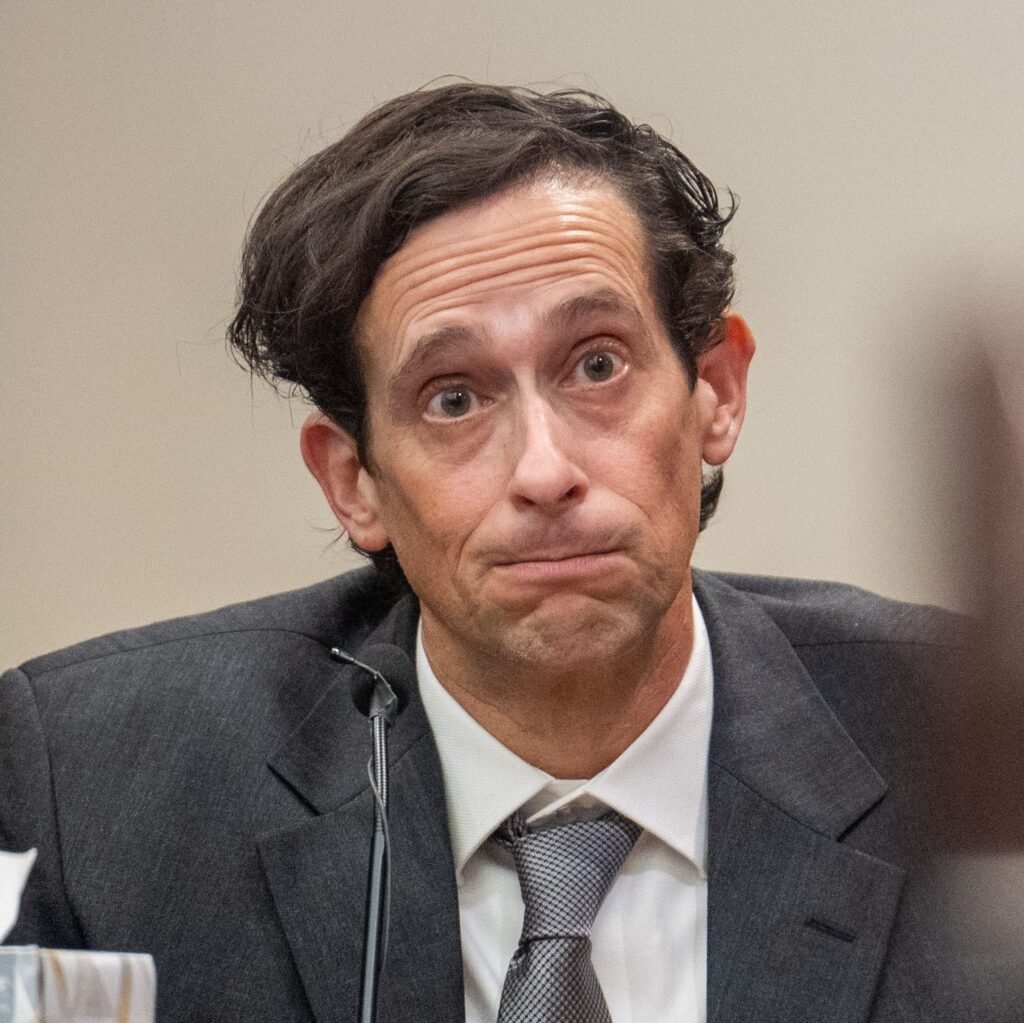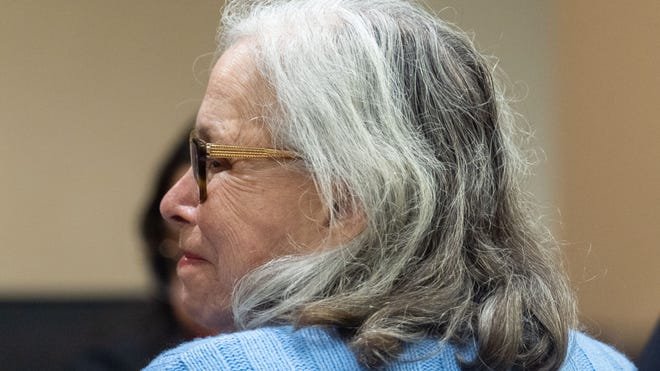
Tallahassee, FL — Rob Adelson, the eldest of the Adelson children, described his mother Donna as the one who “ran the show” in their family. He painted a picture of a parent who was deeply involved in her children’s lives, often crossing the line from caring into controlling. He recalled her handling the checkbook for the family’s dental practice when he was still in school, later helping Charlie with organizational matters in his own practice. The prosecution seized on this testimony to reinforce the image of Donna as the decision-maker. In conspiracy law, a dominant personality in a family can be used to establish influence and potential direction of others’ actions, but the defense will argue that control in family finances does not equal involvement in a murder plot.
Rob testified that Donna’s attitude toward Dan Markel changed drastically after Wendy moved out. At first she approved of the marriage, but once the divorce began she referred to Danny in bitter terms. He remembered Donna saying Wendy was being “deposed to death” and described how she orchestrated Wendy’s separation. According to Rob, Donna found an apartment for Wendy in Tallahassee, even using her maiden name to avoid suspicion, and planned the timing of Wendy’s phone call to Dan so he would receive the news just before giving a professional speech. This account is significant because it places Donna not only in a supportive role but also in the logistics of Wendy’s departure. In criminal law, planning and concealment are factors prosecutors point to when arguing a defendant has the capacity for more serious conspiratorial acts.
The testimony also revealed the way Donna processed Dan’s murder. Rob said that when he first asked what had happened, Donna relayed a version of events that someone came to the door, asked “Are you Dan Markel,” and then shot him. That detail disturbed him because, as he put it, there was only one way she could know that version. The prosecution will likely argue that such early knowledge points to inside information, while the defense may frame it as Donna repeating unverified rumors during a traumatic moment.
Rob recalled that after arrests were made in 2016, he tried to discuss it with his mother. Instead of relief or curiosity, she abruptly ended the call. He contrasted this with the normal level of family interest that might be expected after a shocking crime. In trial strategy, this type of testimony helps prosecutors highlight a lack of curiosity as circumstantial evidence of guilty knowledge. Yet defense lawyers will stress that silence or avoidance, while suspicious in tone, is not evidence of a criminal agreement or act.
The most damaging part of Rob’s testimony may have been his claim that Donna told him not to talk to law enforcement after the shooting. He testified that she later said he “didn’t know anything anyway.” Prosecutors will argue that such statements demonstrate consciousness of guilt. The defense, however, has already countered that a family friend and attorney gave the advice not to speak to police, which could transform the comment from obstruction into simply following legal counsel.
By the end of his time on the stand, Rob Adelson provided jurors with a portrait of a mother who was both deeply protective and unyieldingly controlling. The law requires more than character flaws to convict. For the state, the challenge will be proving that Donna’s controlling nature moved from influence into a deliberate agreement to kill. For the defense, the task is to show that even in Rob’s most damaging accounts, Donna’s words and actions never rise to the level of conspiracy.
Author

Latest entries
 Donna Adelson Trial2025-09-05Donna Adelson Found Guilty on All Counts in Dan Markel Murder Case
Donna Adelson Trial2025-09-05Donna Adelson Found Guilty on All Counts in Dan Markel Murder Case True Crime2025-09-03Epstein Files: Survivors Break Silence on Capitol Hill
True Crime2025-09-03Epstein Files: Survivors Break Silence on Capitol Hill US2025-09-03Cardi B Assault Trial Verdict — She’s Not The Drama
US2025-09-03Cardi B Assault Trial Verdict — She’s Not The Drama US2025-08-30Jim Crow Era — Louisiana’s Split Juries Problem and the Limits of Retroactivity
US2025-08-30Jim Crow Era — Louisiana’s Split Juries Problem and the Limits of Retroactivity



